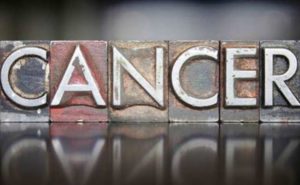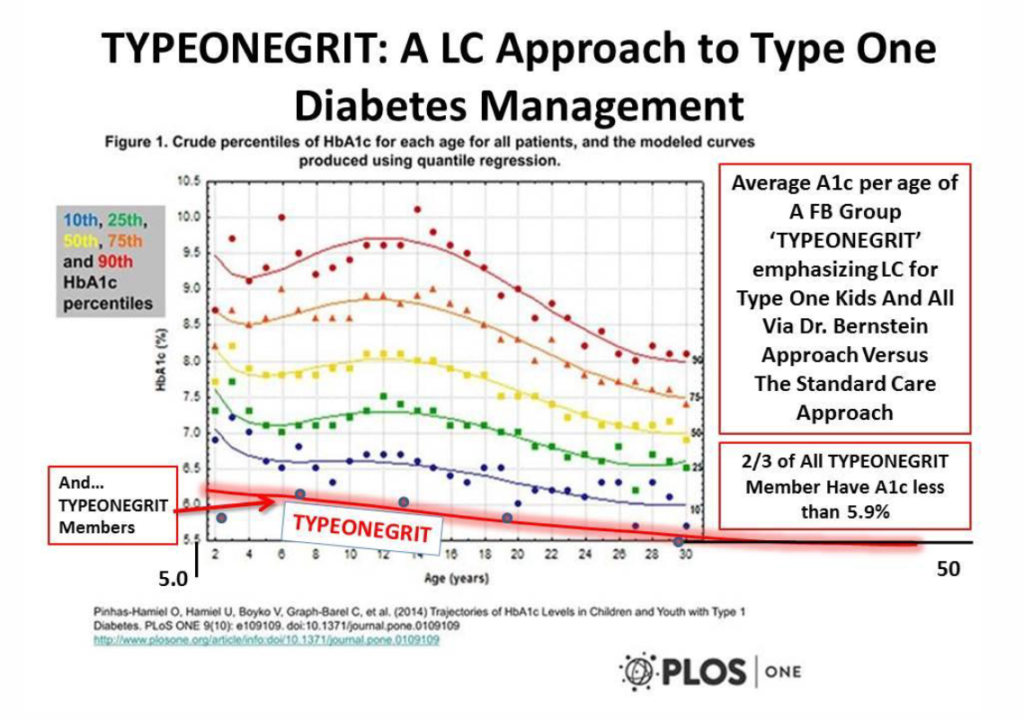 I would love to invite you to enjoy a cup of tea (or coffee) ‘virtually’ with me this afternoon, while you take the time to read my post and consider supporting some important independent research into the role of nutritional ketosis in the management of cancer.
I would love to invite you to enjoy a cup of tea (or coffee) ‘virtually’ with me this afternoon, while you take the time to read my post and consider supporting some important independent research into the role of nutritional ketosis in the management of cancer.
Why? Because it is seemingly impossible to get industry funding for something that won’t make money for ‘Industry’. And if you consider ‘Industry’ as a business model, not making a profit is a perfectly understandable reason … Why invest dollars into something you won’t get a return from, especially if you have stakeholders and investors that you need to be accountable to and make a profit for?
Therefore, by not investing in research into “food as medicine” because of ‘Industry’s’ conflict of interest, may just be creating a huge disadvantage to the people who are dealing with cancer and their outcomes.
As many of you may know, my husband Gary was diagnosed with cancer in 2000 with a tumour at the base of his pituitary, which required surgery, radiotherapy and chemotherapy for 11 1/2 years.
Never once was his diet discussed or questioned. And he thought he was eating healthily. 5 years ago his typical day started with a bowl of muesli, low fat milk & fruit yoghurt, a glass of fruit juice, plus wholemeal toast with honey and peanut butter if he was in for a long operating session.
It wasn’t until our pharmacist mentioned to Gary in 2011 that he should consider trialling a drug called Metformin that he thought about the role of sugar and cancer. Metformin is currently used to manage Type 2 diabetes and interestingly – an unexpected side effect that had been noted in people using the drug was a reduced incidence of cancer, or a remission of their cancer. When Gary read up on Metformin its main role was to ‘stop the uptake of sugar’.
Gary questioned why he would take another medication when he could potentially just stop eating sugar??
He began asking questions from healthcare professionals and came up against a brickwall time and again. He began doing his own research into fructose metabolism which was only described by Luc Tappy in 2010, so research and textbooks written before this time don’t take any of this into account.
Researching the Warburg Effect made Gary question the role of sugar, insulin and cancer.
Gary’s cancer has not been active for 3 1/2 years since changing to a Low Carbohydrate Healthy Fat lifestyle. He has not required any more chemotherapy for his cancer since going into Nutritional Ketosis.
Nutritional Ketosis may be protective of healthy cells, while potentially starving cancer cells that use sugar as their energy source. It may just be the perfect adjunct to chemotherapy and radiotherapy in the initial stages of cancer diagnosis and the perfect management tool for longer term outcomes. It may even help prevent cancer in the first place …
That is why this research is so important to me.
Turning to the Wisdom of the Crowds, we need to ask people to invest in research that could potentially change their own health outcomes and those of their family’s.
I am proud to be supporting the work of Eugene Fine and Richard Feinman as researchers into a ketogenic diet and the role it plays in the management and health outcomes of people who are faced with the devastating diagnosis of cancer.
I realise many people reading this post already understand the importance of adopting a Low Carb Healthy Fat way of living for their health. And you probably don’t think you need to support research…
But the truth is, that until we can prove it; until we can present independent supportive research, we can’t change policy. We can’t ask for the national dietary guidelines to be changed to reflect the option of low carbohydrate management in Type 2 diabetes and to be considered as an adjunt to current cancer care. We can’t ask healthcare professionals to advise patients about the benefits because they honestly believe they risk losing their jobs. They risk losing their registration to peak medical and allied health professions, and they risk being silenced …
As a society, we continue to spend billions of dollars researching the role of chemotherapy, radiation and have looked at epigenetics for years, but we have almost completely ignored any research funding into the effect of nutrition and cancer.
I am asking you to help Eugene Fine and Richard Feinman start the conversations that will question the concept of cancer as a metabolic model of disease. Asking the question ‘what if the food people are eating also contributes to the incidence, and the short and long term health outcomes of cancer.
We have somehow ignored the idea that our nutrition also needs to be seen as an important adjunct to the role of chemotherapy and/or radiation in the management of cancer.
Despite mounting evidence from worldwide research into the adverse role sugar may be playing in cancer management, we continue to promote morning tea cancer fundraisers – literally exploding with refined sugars and highly processed foods, and invest millions of dollars raised for cancer research every year.
Please help make a difference.
Thank you for your support and for sharing this far and wide.
Belinda
https://experiment.com/projects/part-2-can-low-carbohydrate-ketogenic-diets-inhibit-cancers
https://www.facebook.com/belindanofructose/posts/1115110675250049








